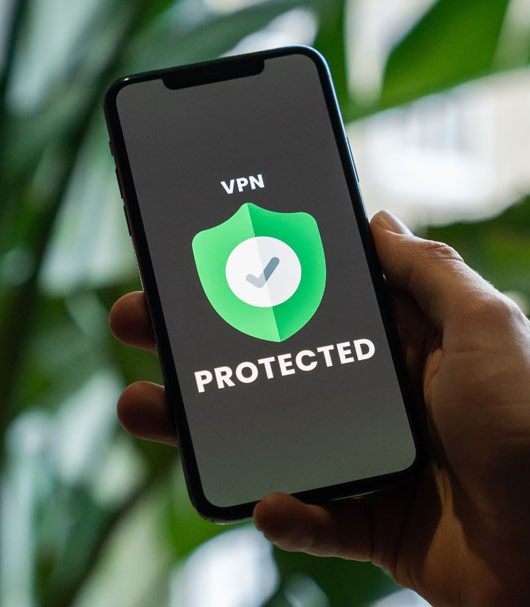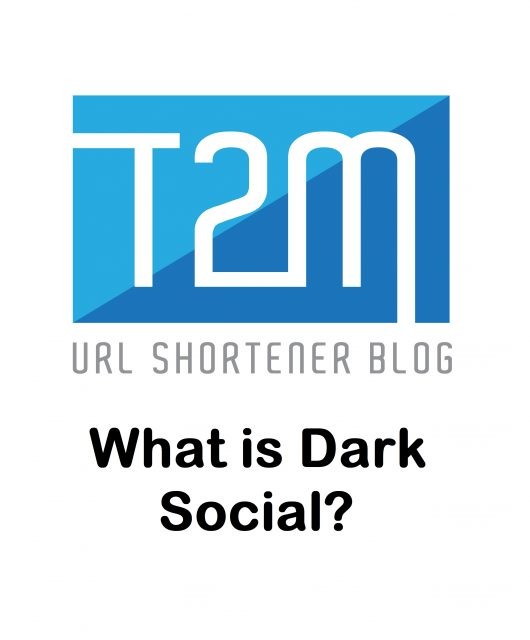Mobile phones have become our main tool for managing our personal relationships, but also at work, when shopping and for a host of other activities such as training remotely. That is why it is so important to know how to protect the information we keep in them and the data of the transactions we carry out daily from hackers.
In this new article we delve into a rarely known topic: security on our smartphones and how to protect your mobile from hackers who remain attentive to the opportunity to take advantage of your data.
FIRST, ARE SMARTPHONES VULNERABLE?
In case anyone still thought that computer attacks were limited to desktop computers, the answer to the headline of this section is a resounding yes: smartphones are also vulnerable to attack attempts by hackers.
But why are mobile phones targeted by hackers? First of all, keep in mind that your smartphone is constantly sending and receiving signals. This is a direct entry route to a huge world of possibilities when it comes to hacker attacks.
In addition, we must not forget an important condition when we talk about mobile phones: they are very easy to lose (or steal). So much so that the most reported causes of mobile phone security are the loss of the terminal (14% of cases), its theft (12% of cases) and by far, but still important, infection by virus or malware (with 1.5% of cases).
THE MAIN INTRUSIONS
According to the report published in 2019 by the National Cryptologic Center, malicious software for mobile devices —also called mobile malware— is still constantly evolving today, identifying numerous new forms —both malware and spyware—, increasingly complex and sophisticated.
Most of the fraudulent actions on our smartphones are taken up by click fraud, with 54% (that is, when a hacker manages to make us click on different advertising pieces in order to get paid for advertising). But this is not the only thing, since the next type of attack on the list are Trojan viruses, responsible for 16% of the cases of attacks on mobile phones.
How does a Trojan virus work when attacking a mobile phone? It is a virus that remains hidden in a series of applications that, once installed on our mobile device, gradually gain control. Once you get —fraudulently— the permissions you need to operate, we will be in your hands: from access to our images, our contacts or the message tray, to allowing them to use the microphone or the camera without us being aware of it.
Wireless networks, for their part, also entail their risks at the level of security in our mobile phones. A study carried out in 2019 also brought to light a vulnerability in the AirDrop application that allowed files exchanged with this application to be intercepted and replaced. This would allow hackers to locate the owner’s name and other highly sensitive data, which they could then use in a variety of ways to gain a profit.
RECOMMENDATIONS TO PROTECT YOUR MOBILE FROM HACKERS
Knowing the high vulnerability of mobile phones to attempted computer attacks, what guidelines can we follow to minimize the risks as much as possible?
Among the recommendations provided by Inteco (National Institute of Communication Technologies) we find the following measures:
Have located our Smartphone at all times
Given that most security problems derive from the loss or theft of the mobile (amounting to 26% of cases), prevention in these situations is already an effective measure to prevent hacker attacks on our mobile phones.
Activate the request for the PIN number every time the phone is turned on
There are still around 11% of mobile phone users who do not use this basic security measure for their devices. If we leave the door open, it will be easier for hackers to set their sights on our smartphone.
Keep the phone always updated to its latest version
The updates in the operating systems have, among others, the purpose of correcting possible security gaps in the phones. If we do not keep our mobile phone up to date, we will be opening the way for possible fraudulent activities by personas non grata.
Review permit applications we receive
For example, when performing actions such as downloading files and applications. Since attempted fraud by offering deceptive services account for the highest percentage of cases (11%), we must pay special attention before accepting this type of request.
With specific antivirus for mobile phones
Highly prestigious security companies such as Avast, AVG or Avira have antivirus security applications for mobile phones, options that we should at least consider.
Last but not least, it is always a good practice to avoid using public Wi-Fi networks, which represent an ideal environment for hackers trying to access other people’s mobile devices.
Why risk it for not adopting basic security measures on our mobile phones? It’s easy, you just have to apply common sense and follow the recommended security measures.











